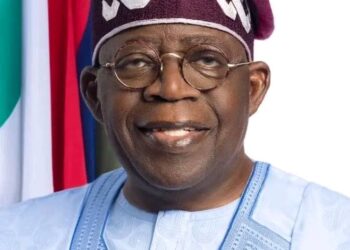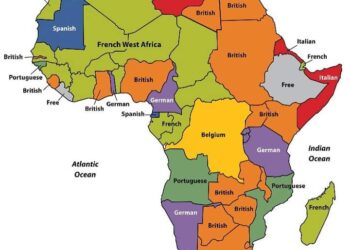By Martin Paul with agency report
Abuja
Former British Prime Minister, Gordon Brown, has rises the country’s hope on the global education funds, saying discussion was held recently with Acting President, Yemi Osinbajo.
Brown, who is the UN Special Envoy for Global Education, spoke in New York, saying former President of Tanzania, Jakaya Kikwete, had discussions with Osinbajo and talked to him about the education challenges that are facing the country, particularly in the North-east.
“He, Kikwete, was doing this as part of the work of the commission that I chair – the Commission on Financing Education Opportunity.
“We want to offer a new contract between the international community and Nigeria, whereby we want to give more funds to help the country education move forward.
“The Safe Schools Initiative is something that was initiated by the business sector in Nigeria and the government with the support of the international community.
“So the next stage is further talks with the Nigerian government to see whether we can create our international finance facility for education and make it work for a country like Nigeria that needs a huge amount of new investment in education.
“(Nigeria) needs to do more itself but also needs the international support to bring the education system up to the standard we want.”
Reports have it that the Safe Schools Initiative is a $30 million project launched in 2014 at the World Economic Forum in Abuja.
Working with Brown, the project brought together Nigerian businesses, the government, donors and humanitarian agencies and raised 30 million dollars in funding.
Brown has continued to call on the international community to support the project, which he described as laudable and a novel idea to alleviate the huge impacts of Boko Haram violence on education in Nigeria.
In April 2016, two years after, the UN Children’s Fund (UNICEF) reported the initiative had seen 213,985 internally displaced and vulnerable children enrolled in schools in camps and host communities.
The initiative has also trained more than 550 teachers, established 112 temporary learning spaces and created state co-ordination committees for education in the northern states most affected by the Boko Haram insurgency, UNICEF said.



